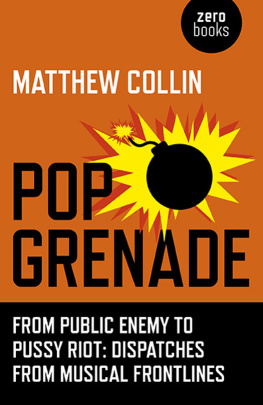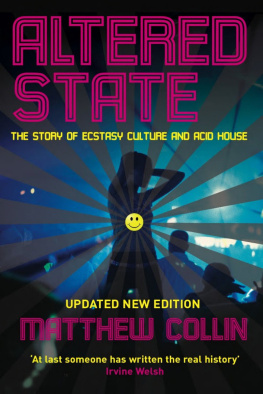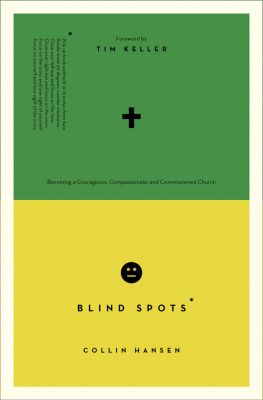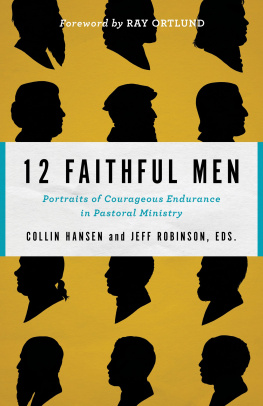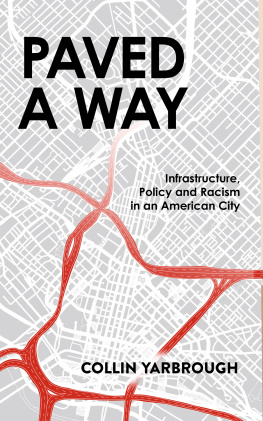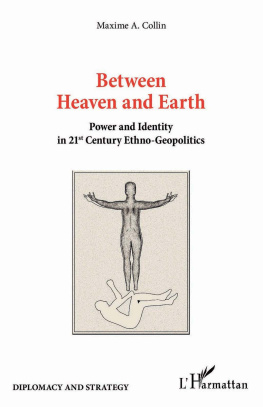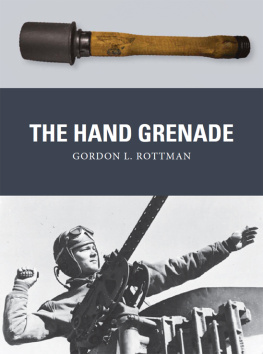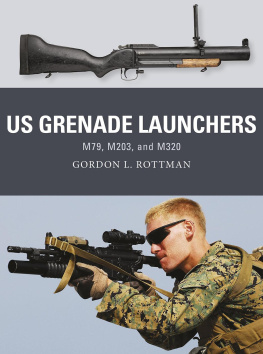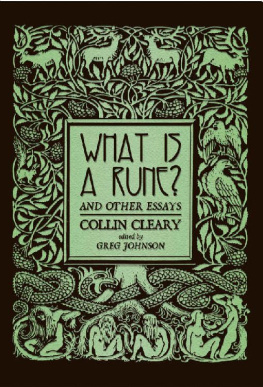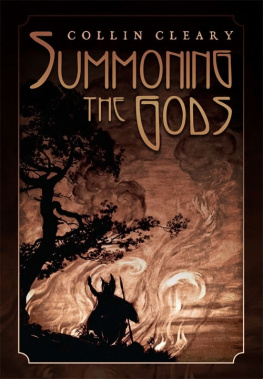Matthew Collin - Pop Grenade
Here you can read online Matthew Collin - Pop Grenade full text of the book (entire story) in english for free. Download pdf and epub, get meaning, cover and reviews about this ebook. year: 2015, publisher: John Hunt Publishing, genre: Politics. Description of the work, (preface) as well as reviews are available. Best literature library LitArk.com created for fans of good reading and offers a wide selection of genres:
Romance novel
Science fiction
Adventure
Detective
Science
History
Home and family
Prose
Art
Politics
Computer
Non-fiction
Religion
Business
Children
Humor
Choose a favorite category and find really read worthwhile books. Enjoy immersion in the world of imagination, feel the emotions of the characters or learn something new for yourself, make an fascinating discovery.
- Book:Pop Grenade
- Author:
- Publisher:John Hunt Publishing
- Genre:
- Year:2015
- Rating:5 / 5
- Favourites:Add to favourites
- Your mark:
- 100
- 1
- 2
- 3
- 4
- 5
Pop Grenade: summary, description and annotation
We offer to read an annotation, description, summary or preface (depends on what the author of the book "Pop Grenade" wrote himself). If you haven't found the necessary information about the book — write in the comments, we will try to find it.
Pop Grenade — read online for free the complete book (whole text) full work
Below is the text of the book, divided by pages. System saving the place of the last page read, allows you to conveniently read the book "Pop Grenade" online for free, without having to search again every time where you left off. Put a bookmark, and you can go to the page where you finished reading at any time.
Font size:
Interval:
Bookmark:


First published by Zero Books, 2015
Zero Books is an imprint of John Hunt Publishing Ltd., Laurel House, Station Approach,
Alresford, Hants, SO24 9JH, UK
www.johnhuntpublishing.com
www.zero-books.net
For distributor details and how to order please visit the Ordering section on our website.
Text copyright: Matthew Collin 2014
ISBN: 978 1 78279 831 6
Library of Congress Control Number: 2014951068
All rights reserved. Except for brief quotations in critical articles or reviews, no part of
this book may be reproduced in any manner without prior written permission from the publishers.
The rights of Matthew Collin as author have been asserted in accordance with the Copyright,
Designs and Patents Act 1988.
A CIP catalogue record for this book is available from the British Library.
Design: Stuart Davies
Printed and bound by CPI Group (UK) Ltd, Croydon, CR0 4YY, UK
We operate a distinctive and ethical publishing philosophy in all areas of our business, from our global network of authors to production and worldwide distribution.
Matthew Collin has worked as a foreign correspondent for the BBC, Al Jazeera and Agence France-Presse, and as editor for The Big Issue, i-D magazine, the Time Out website and the Balkan Investigative Reporting Network. He has written for many newspapers and magazines, including The Guardian, The Observer, The Wall Street Journal, Mixmag, The Wire and Mojo. His other books are Altered State, This is Serbia Calling and The Time of the Rebels.
Hamada Ben Amor was still living at his parents house in the provincial Tunisian port city of Sfax when he finished a new hip-hop track he had been working on and uploaded it with a video clip to the internet.
The video opens with black-and-white archive images of Tunisian president Zine al-Abidine Ben Ali trying to comfort a terrified schoolboy in a classroom. His hair slicked back in vampiric style, the president looms over the cowering child and demands to know what is wrong: Go on, tell me. Dont be afraid! Do you want to tell me something?
It then cuts to the young rapper, wreathed in lugubrious shadow as he launches into a reply like a vengeful prosecutor reading an indictment for the most heinous of crimes: Mr. President, today I am speaking to you in my name and in the name of all the people who are sufferingToday I speak fearlessly on behalf of the people crushed by the weight of injustice
As the 21-year-old rides the rolling groove, he looses off a barrage of lyrical punches, landing slug after slug on the Tunisian dictator. Corruption, poverty, unemployment, police brutality, repression - line by line, verse by verse, he batters away at Ben Ali in what must be one of the most vigorous takedowns in hip-hop history.
Rais Le Bled (Head of State), the song that the young MC recorded in November 2010 under his alias El Gnral, would go on to have more impact than he could ever have imagined over the weeks that followed, and wider political resonance than most other rap songs ever recorded.
It was a direct message for the president, a message in the name of the people, for the people, he explained later. I wanted it to reach the president, I wanted him to know whats happening in the country.
The message got through. As tens of thousands of Tunisians took to the streets a month later, after a street trader set himself on fire in a symbolic act of self-sacrificial protest, Rais Le Bled went viral, becoming an anthem for their uprising, sharpening the rage and disgust of a people that had suffered too much and for too long.
El Gnral quickly struck again with another blast of insurrectionary lyricism, Tounes Bledna (Tunisia My Country), declaring that the protesters would never back down, never surrender: Tunisia is our country, the entire people hand in hand! This time his words so infuriated the authorities that police launched a dawn raid on his parents home in Sfax, dragging him off to the National Security Bureau in the capital where he was handcuffed to a chair and interrogated for three days.
They asked, how can you write such stuff? How dare you pass messages to the president, he has such an important position in our country, you cant criticise the chief directly! Why did you do it? What do you want? Whos behind you? Who are the people who told you to write such stuff? he recalled.
They asked a lot of questions, and I said: I belong to myself. I write about the things that I see from one day to the next. This is the voice of our everyday lives.
And it was already too late to stop him; the songs were out there and the days were counting down to president Ben Alis flight from power and into exile. After El Gnrals release, he joined the protests too: On the streets, I saw unity, I saw intelligent young people. I felt like I belonged.
The Tunisian uprising heralded the start of a remarkable few months in the Middle East and North Africa: what became known as the Arab Spring, a moment of revolutionary zeal which struck fear into the souls of dictators across the region and beyond. A time when rappers scrawled their lyrics behind the barricades, and when it seemed that the impossible had finally become achievablefor a brief moment, anyway, until some of those dreams turned into savage nightmares
In Tahrir Square in Cairo, protesters thrilled to the sound of rapper Deeb declaiming a summons to action called Egyptian, Stand Up! over steely funk interlaced with sinewy Arabic motifs: The revolution is not over yet, it has just begun, he urged. In the Palestinian territories, in Lebanon and Jordan, even in Syria, hip-hop had become a new medium of dissent for a younger generation of Arab youths.
Songs were lashed together from street slogans, quickly recorded, uploaded, file-shared, replayed back onto the streets on which they originated, creating a feedback loop that fed itself as it nurtured the resistance. Today in the Arab world, when you want to pass on a message, rap is the best way, El Gnral declared. Chuck D of Public Enemy once described rap as the black CNN; now it was as if Arab MCs were running their own rolling news channel, the hip-hop nations Al Jazeera.
Music is the weapon of the future; music is the weapon of the progressives; music is the weapon of the givers of life.
Fela Kuti
People have been using music to damn the iniquities of the powerful and narrate the emotions of changing times since the earliest days of recording, and for centuries before that. The story of how an obscure young rapper from a provincial Tunisian city became a revolutionary hero was just another example of how pop, in its widest definition, can still help to inspire and sustain movements for change, and in turn transform the lives of those who channel the energies of social turmoil into sound.
The six pieces of reportage that make up this book are about extraordinary moments like this - fleeting periods in recent history when music became a soundtrack to social transformations, quickening the heartbeat and feeding the soul of cultural movements or alternative communities seeking, with the audacity of youth, to confront injustice, alter the consciousness of a generation, or at least create safe havens where they could freak freely until the police moved in.
The first and final chapters tell the stories of encounters with two unique groups of pop-cultural activists, Public Enemy and Pussy Riot, who came from very different times and places but both started out with the direct intent to set fires and smash icons. Despite being wounded by the energies that they unleashed but ultimately could not control, both succeeded in shining a light into the darkness at the heart of their own worlds.
Font size:
Interval:
Bookmark:
Similar books «Pop Grenade»
Look at similar books to Pop Grenade. We have selected literature similar in name and meaning in the hope of providing readers with more options to find new, interesting, not yet read works.
Discussion, reviews of the book Pop Grenade and just readers' own opinions. Leave your comments, write what you think about the work, its meaning or the main characters. Specify what exactly you liked and what you didn't like, and why you think so.

